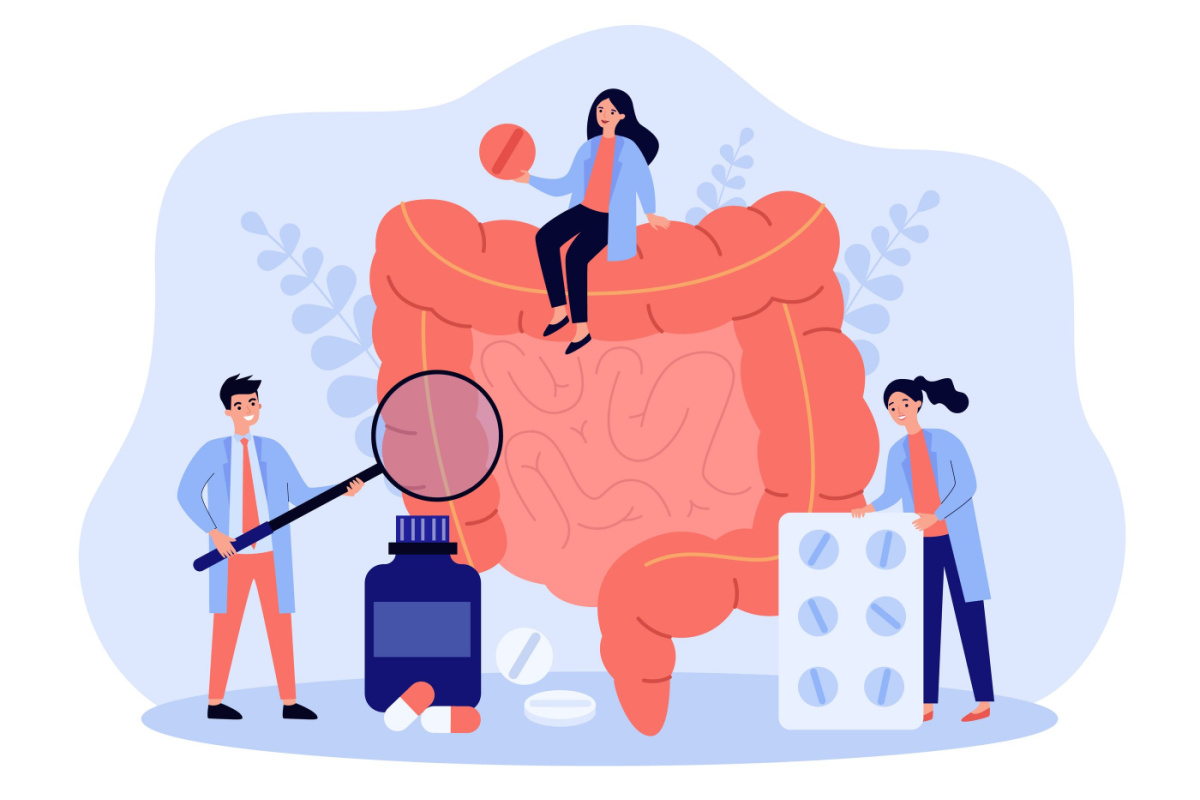
Understanding IBS
Irritable bowel syndrome (IBS) is a condition that causes gastrointestinal symptoms, such as:
- Recurring constipation
- Diarrhea
- Abdominal cramps
- Bloating
- Gasiness
Those living with IBS may experience all or only some of the symptoms; for example, some patients’ IBS may be punctuated by regular bloating, while others may experience cramping and constipation. Fortunately, there are ways to manage your symptoms in an effort to improve your quality of life.
Managing IBS Symptoms
Incorporating certain changes can help you feel better with IBS. Consider the following:
Remove IBS-triggering foods from your diet: Certain foods are known to aggravate IBS symptoms. Unfortunately, these foods are often the ones that are most convenient to eat such as junk foods, sugary cereals, baked goods, dairy, and soda. However, there are also beverages that can trigger your symptoms that you may not be aware of, such as alcohol. Certain foods can also make diarrhea worse when you have IBS, like chocolate and caffeinated drinks. If you are not certain which food may be triggering your symptoms, consider removing one food or beverage from your diet at a time while monitoring your symptoms to help determine the culprit.
Try eating smaller meals: Eating frequent, small meals throughout the day instead of fewer, larger meals, may help you better manage your symptoms.
Eat slowly: Slower, more intentional eating can help you from overeating, which can worsen symptoms.
Increase your fiber intake: Eating a diet with more fiber can add bulk to the stool, which may help with constipation relief.
Get a handle on stress: Try including some relaxation or mindfulness techniques in your daily routine to help manage stress, anxiety, and other negative emotions that can contribute to your IBS symptoms.
Can IBS Be Prevented?
The exact cause of IBS is not currently known, but the condition is associated with stress, digestive tract issues, and food intolerance. Fortunately, IBS can be well-managed by avoiding triggers.
Talk to an Expert
It can be difficult to get a handle on your IBS symptoms alone. The experts at Piedmont Colorectal can help you navigate this condition and improve your digestive health. Contact our team today to schedule a consultation.

